The Importance Of Aftercare Recovery
Many people have the potential to relapse from their drug addiction. Relapses are a sign of a need for more intense aftercare, not an excuse to give up. Aftercare is a series of steps that prevent future relapses and help someone stay sober. The process before aftercare is sufficient, but the journey of sobriety is a lifelong endeavor. Recovery from addiction can be broken down into three parts: detox, rehab, and aftercare.
Each element is needed in order to help a person recover from their substance use disorder successfully. Detox is usually done in a rehab facility because of the intensity and kind of treatment required. Aftercare should continue after your formal rehab sessions are complete. Here at Nudel Family Pathways, we are committed to ethical practices for case management to ensure that our patients will stay the course and overcome life’s trials and tribulations. Let’s take a closer look at the steps involved in aftercare recovery and why it will align you for success.
The Process Of Aftercare Recovery
As previously stated, aftercare treatment will kick in after rehab has concluded. The framework is designed to give you the much-needed support in maintaining sobriety and mitigating the possibility of relapse. Once a conventional alcohol or drug detox program has been completed (detox and rehab), the patient can then safely transition into aftercare recovery. Treatment centers like Nudel Family Pathways understand that patients cannot be cast to the wayside, following conventional treatment. The support system should be ongoing, and without it, the relapse rates can soar. Addiction has no cure, it can only be managed with the proper care and case management techniques.
The following are components of an Aftercare Recovery Program, which are full of many activities and resources:
- Temporarily moving into a sober living home.
- Transitioning into an IOP(intensive outpatient program)
- Coordinating with counselors and case managers
- Attending individual or group therapy sessions.
- Taking part in an alumni program at your treatment center
- Regularly attending recovery meetings like the 12 step program or another option
- Finding sponsors or sober mentors
- Establishing a support system that will be there, following treatment
It should be noted that individual counseling and group therapy are two key elements of an efficient aftercare program. Individual sessions give patients the opportunity to air any grievances that they couldn’t cover in prior treatment. Conversely, group therapy is another resource that provides support from peers, which reinforces that you are not alone in your struggles. Your treatment plan may or may not include every element on this list, but these are great options to incorporate into your plan.
Aftercare For Preventing Relapse
The main goal in aftercare is to help program alumni use the tools they’ve acquired while in treatment, to curb relapse. The process of case management is effective in building out a plan that you will stick with, once you finish treatment. The chances of staying clean are much more difficult if you don’t follow up with an aftercare program. Being honest with yourself is one of the most important aspects of recovery. The treatment staff will continually monitor your progress to ensure that the program is adhering to your needs. You will have your ups and downs and this is completely normal. Just keep putting your best foot forward and trust that the process will work in the way that it needs to!
Case Management With The Professionals
If you are actively seeking a comprehensive aftercare program, our team at Nudel Family Pathways is ready to help. Contact us today to learn more!





Leave a Reply
Want to join the discussion?Feel free to contribute!